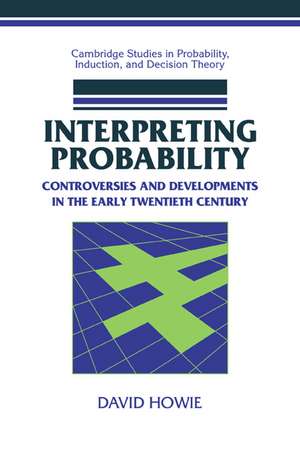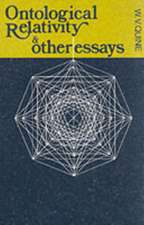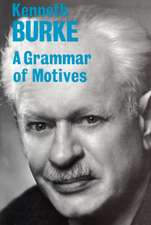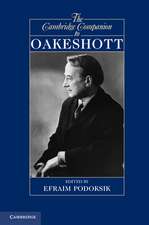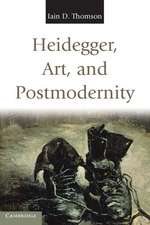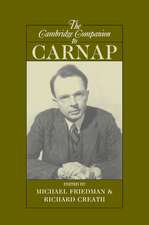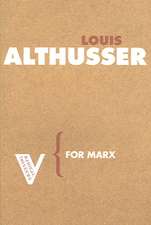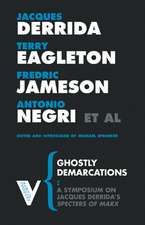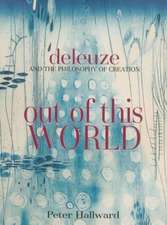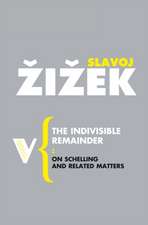Interpreting Probability: Controversies and Developments in the Early Twentieth Century: Cambridge Studies in Probability, Induction and Decision Theory
Autor David Howieen Limba Engleză Paperback – 11 iul 2007
| Toate formatele și edițiile | Preț | Express |
|---|---|---|
| Paperback (1) | 423.91 lei 6-8 săpt. | |
| Cambridge University Press – 11 iul 2007 | 423.91 lei 6-8 săpt. | |
| Hardback (1) | 696.26 lei 6-8 săpt. | |
| Cambridge University Press – 7 aug 2002 | 696.26 lei 6-8 săpt. |
Din seria Cambridge Studies in Probability, Induction and Decision Theory
-
 Preț: 290.76 lei
Preț: 290.76 lei -
 Preț: 419.57 lei
Preț: 419.57 lei -
 Preț: 424.59 lei
Preț: 424.59 lei -
 Preț: 332.59 lei
Preț: 332.59 lei -
 Preț: 326.45 lei
Preț: 326.45 lei -
 Preț: 362.66 lei
Preț: 362.66 lei - 14%
 Preț: 738.37 lei
Preț: 738.37 lei -
 Preț: 239.48 lei
Preț: 239.48 lei -
 Preț: 415.12 lei
Preț: 415.12 lei -
 Preț: 418.39 lei
Preț: 418.39 lei -
 Preț: 309.27 lei
Preț: 309.27 lei -
 Preț: 208.68 lei
Preț: 208.68 lei -
 Preț: 290.67 lei
Preț: 290.67 lei -
 Preț: 439.43 lei
Preț: 439.43 lei -
 Preț: 358.30 lei
Preț: 358.30 lei -
 Preț: 255.02 lei
Preț: 255.02 lei -
 Preț: 313.85 lei
Preț: 313.85 lei -
 Preț: 317.49 lei
Preț: 317.49 lei -
 Preț: 324.79 lei
Preț: 324.79 lei -
 Preț: 206.67 lei
Preț: 206.67 lei -
 Preț: 295.95 lei
Preț: 295.95 lei -
 Preț: 322.19 lei
Preț: 322.19 lei
Preț: 423.91 lei
Nou
Puncte Express: 636
Preț estimativ în valută:
81.11€ • 84.92$ • 67.12£
81.11€ • 84.92$ • 67.12£
Carte tipărită la comandă
Livrare economică 05-19 aprilie
Preluare comenzi: 021 569.72.76
Specificații
ISBN-13: 9780521037549
ISBN-10: 0521037549
Pagini: 276
Dimensiuni: 151 x 228 x 15 mm
Greutate: 0.41 kg
Ediția:1
Editura: Cambridge University Press
Colecția Cambridge University Press
Seria Cambridge Studies in Probability, Induction and Decision Theory
Locul publicării:New York, United States
ISBN-10: 0521037549
Pagini: 276
Dimensiuni: 151 x 228 x 15 mm
Greutate: 0.41 kg
Ediția:1
Editura: Cambridge University Press
Colecția Cambridge University Press
Seria Cambridge Studies in Probability, Induction and Decision Theory
Locul publicării:New York, United States
Cuprins
Acknowledgements; 1. Introduction; 2. Probability up to the twentieth century; 3. R. A. Fisher and statistical probability; 4. Harold Jeffreys and inverse probability; 5. The Fisher-Jeffreys exchange, 1932–4; 6. Probability during the 1930s; 7. Epilogue and conclusions; Appendices; Bibliography; Index.
Recenzii
"...this is a timely and valuable contribution to our knowledge o the period and its great figures. There is a wealth of incidental, but always relevant and often fascinating, historical detail. Another distinctive feature of his book is that, thought it concerns a highly technical subject matter, his own discussion is anything but technical in any overtly formal sense: in fact, there are hardly any formulas in the book. Yet he succeeds in conveying, in words, the technical ideas both precisely and clearly, Its thoroughness, combined with an assured informality and lightness of touch, make the book an enlightening and entertaining read." -Notre Dame Philosophical Reviews 02/02/2003
"A very valuable reference for researchers and general readers in probability, statistics, and the history and philosophy of science. Recommended." Choice
"excellent... This is a unique text in the current literature which incorporates many original research contributions by Mehran Kardar and his collaborators. - Uwe C. Tauber, Mathematical Reviews Clippings
"A very valuable reference for researchers and general readers in probability, statistics, and the history and philosophy of science. Recommended." Choice
"excellent... This is a unique text in the current literature which incorporates many original research contributions by Mehran Kardar and his collaborators. - Uwe C. Tauber, Mathematical Reviews Clippings
Descriere
This 2002 book investigates how Bayesianism as one theory of probability was discredited in the 1920s and 1930s.
